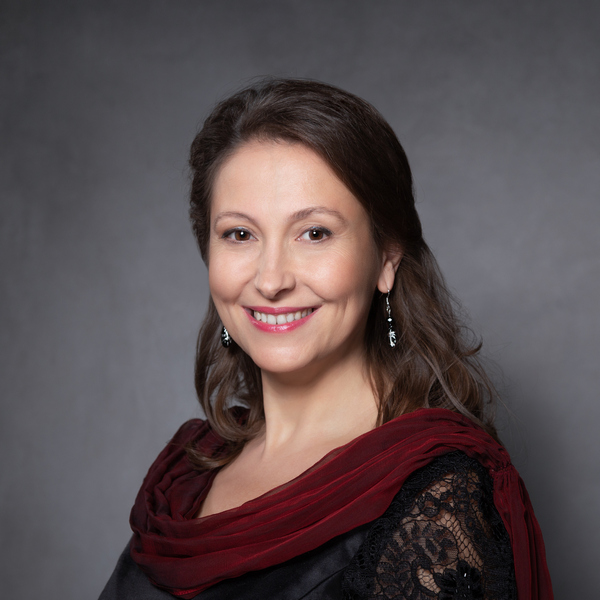I am a person with an idealistic outlook on the world. I love all living things. Animals, nature and people, especially in terms of their creative works. But I am also interested in psychology and how everything works, the relationships between cause and effect.
When I play music, I try to express the delicate vibrations of the soul. Continuous development is an important part of this profession, because one needs to learn certain things in order to flourish and become completely free in it. A musician perceives sounds at many different levels: more than what they see with their eyes. The moment when music stirs life within us is one with a therapeutic effect. This is when all our problems vanish and we are transported into a dimension outside our own bodies.
I like chamber music, because of the way we move in reaction to each other when playing it together. That is when I truly feel that the other person is not somebody else, but that we are all parts of an entire whole.
Eszter Zita Dóri earned degrees at Budapest's Franz Liszt Academy of Music, starting with one in piano after studying with Sándor Falvai, followed by another one in harpsichord under János Sebestyén. During her years at the academy – at the urging of her professors – she also started to sing. As a member of the Budapest Youth Opera Studio, she got the opportunity to sing several opera roles: Elisetta (in Domenico Cimarosa's Il matrimonio segreto), Madame Herz (in Mozart's Der Schauspieldirektor) and Susanna (in Mozart's Le nozze di Figaro). For two years, she worked as a singer with the early music ensemble Sonora Hungarica Consort. After her first child was born, she joined the Hungarian National Choir, while also performing in concerts and musical productions as both a coloratura soprano and a pianist – including at the Bartók House of Music in Rákoshegy. In 2013, she was named the Hungarian National Choir's Singer of the Year. The mother of three has lived with her family in the Rákoscsaba neighbourhood of Budapest since 2002. Her repertoire as a soloist is extraordinarily broad, ranging from medieval composers to modern works from today.


